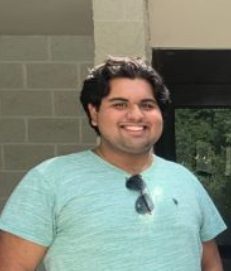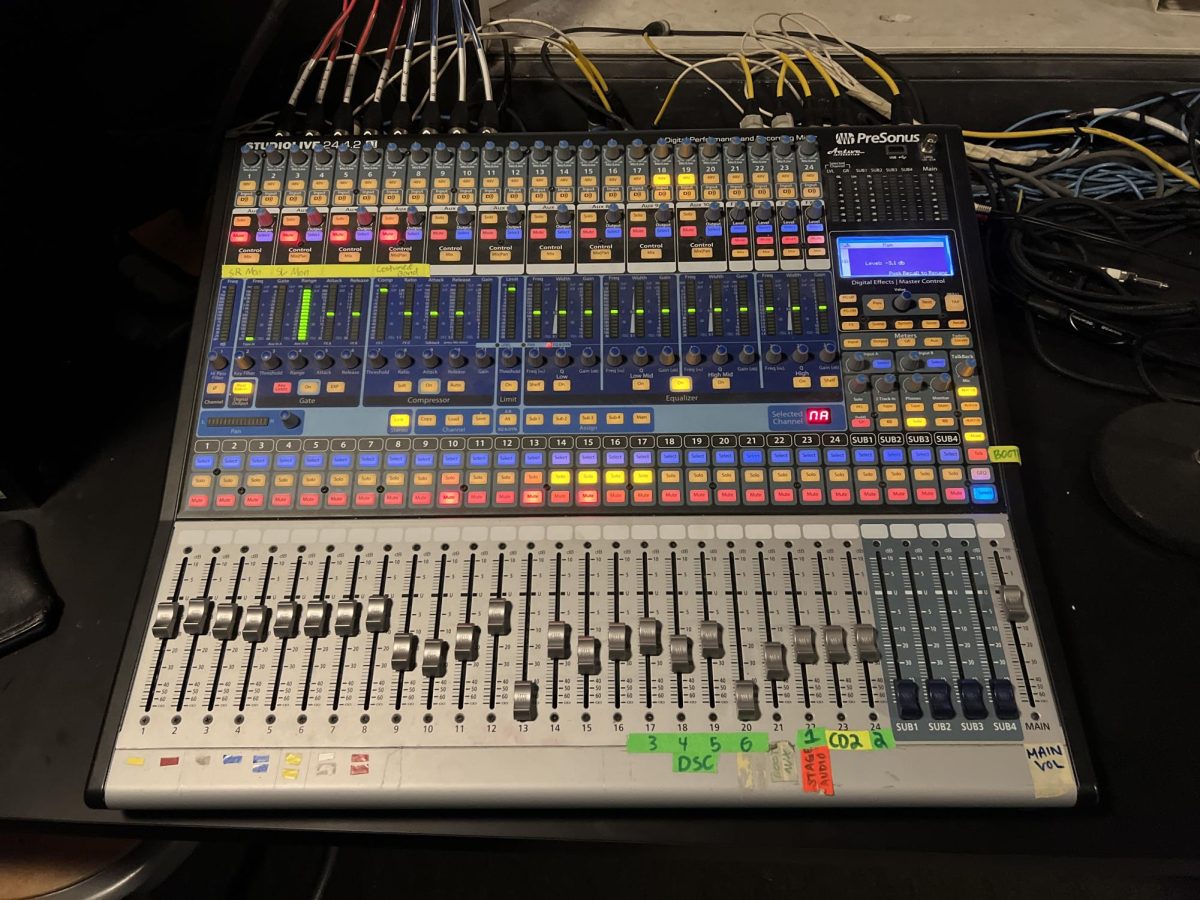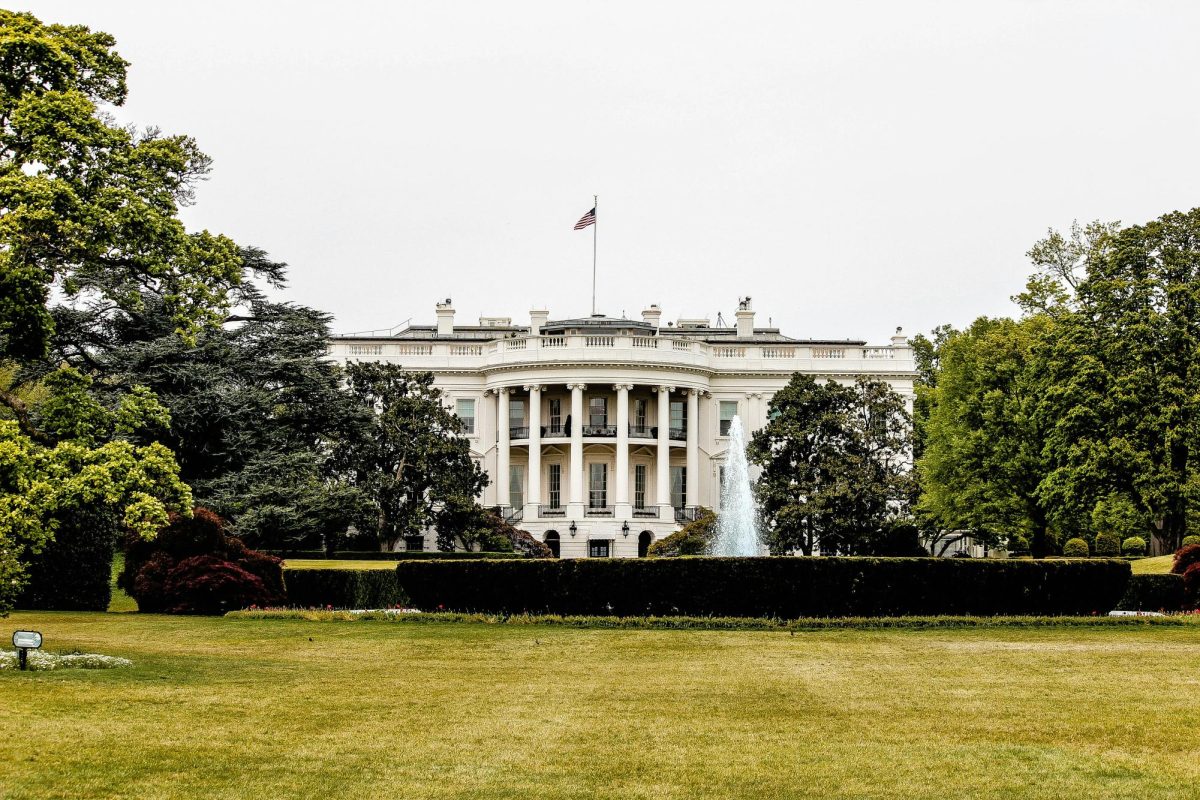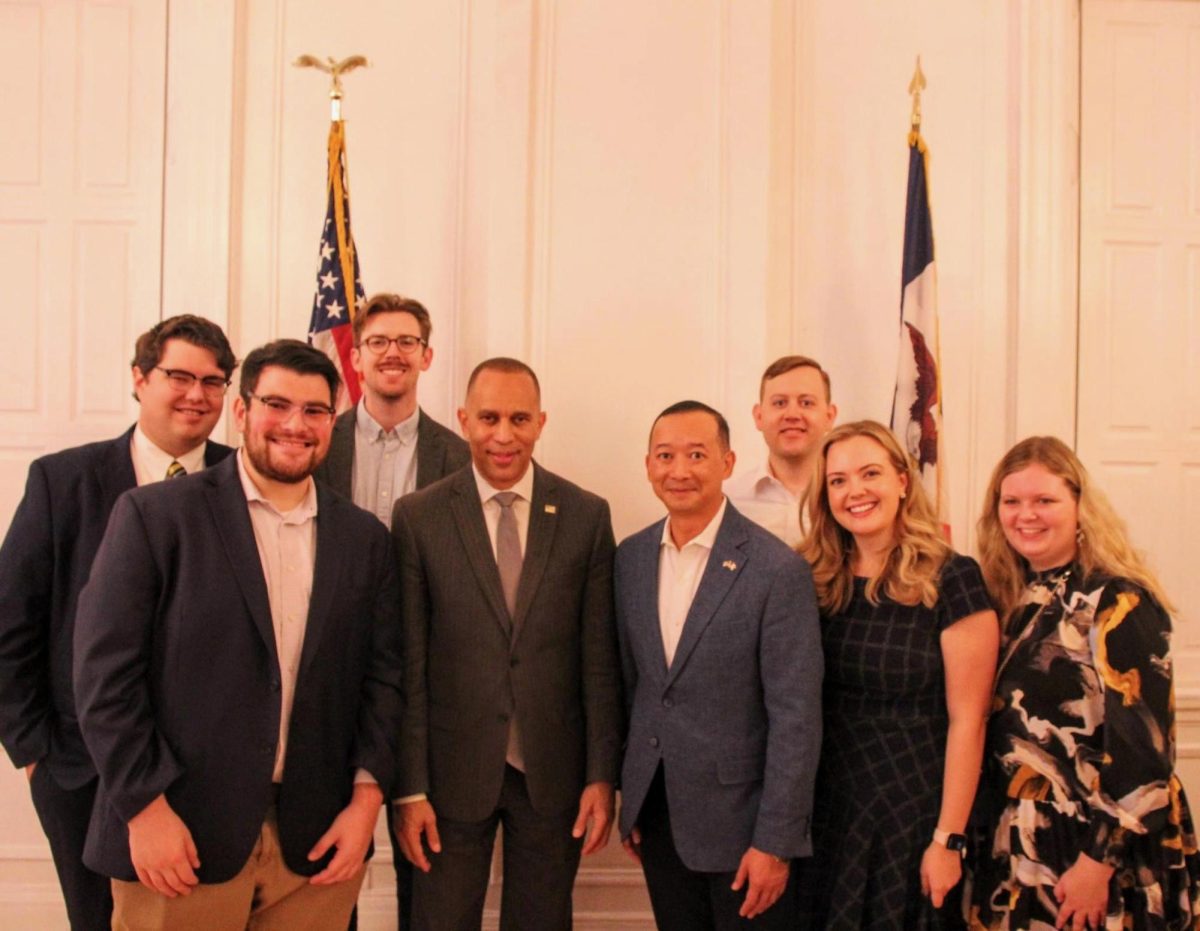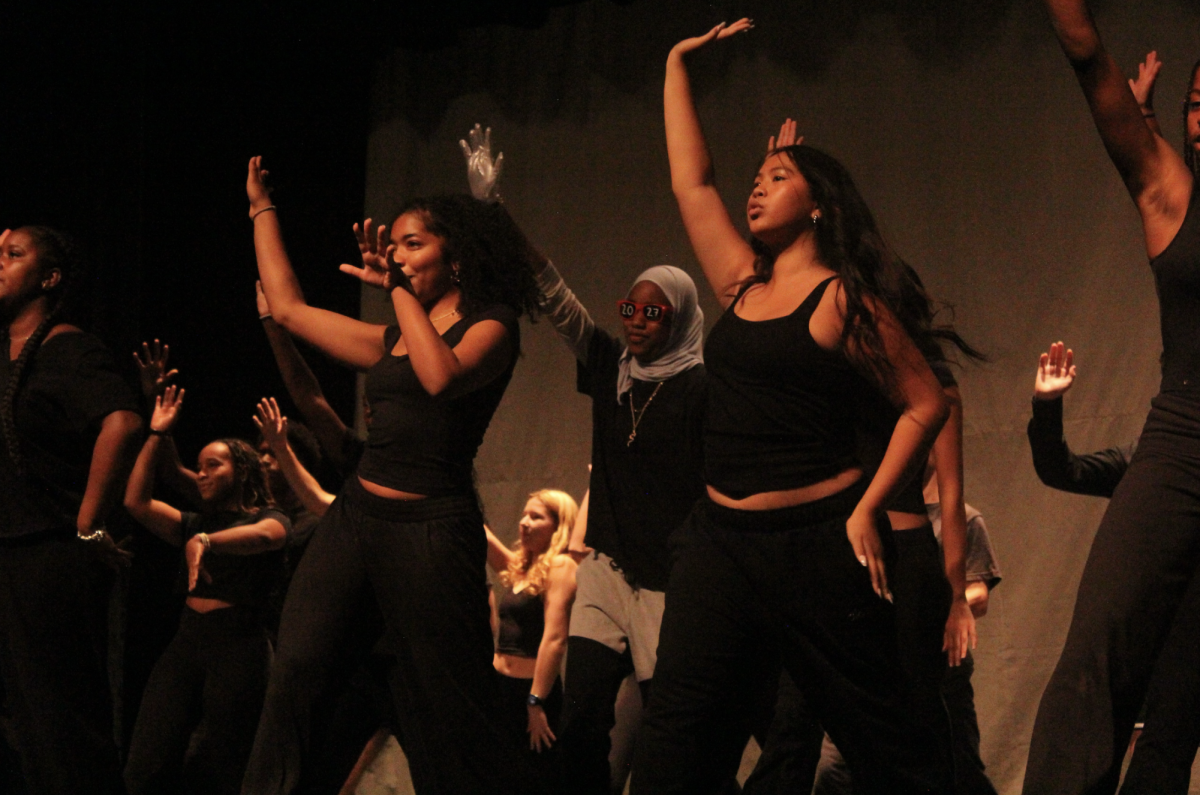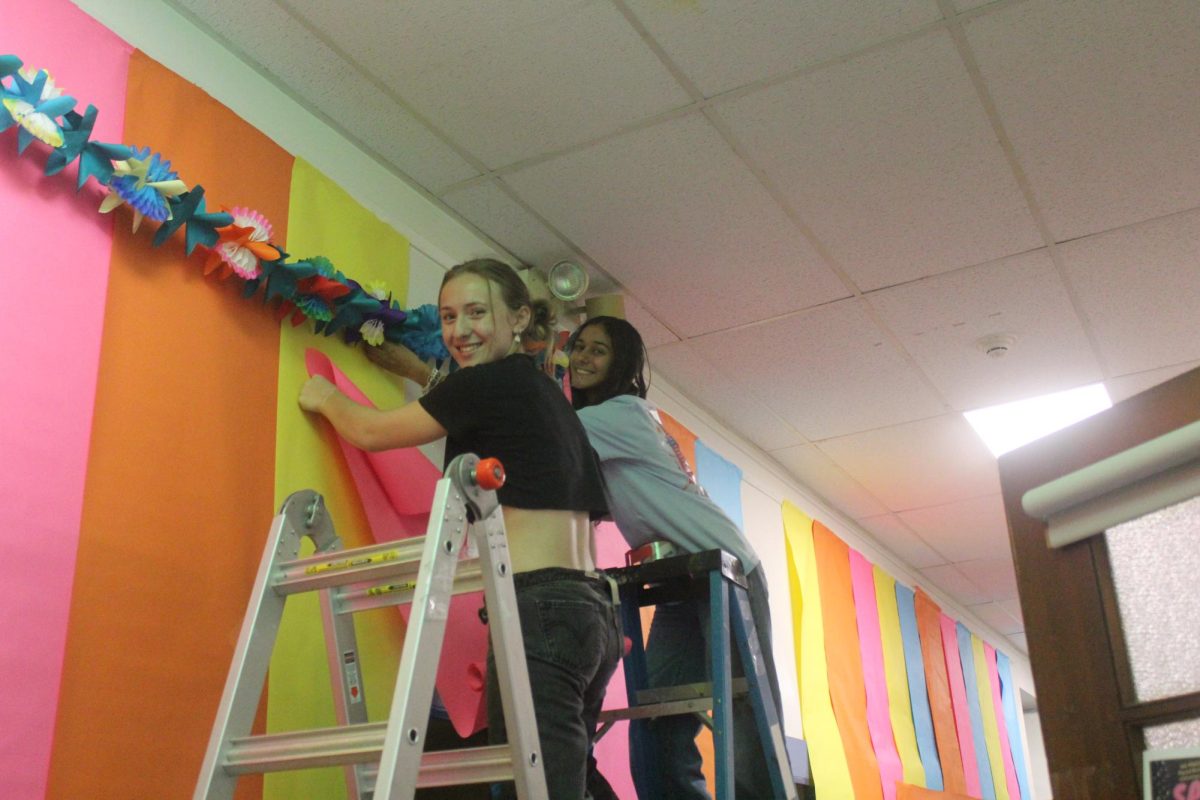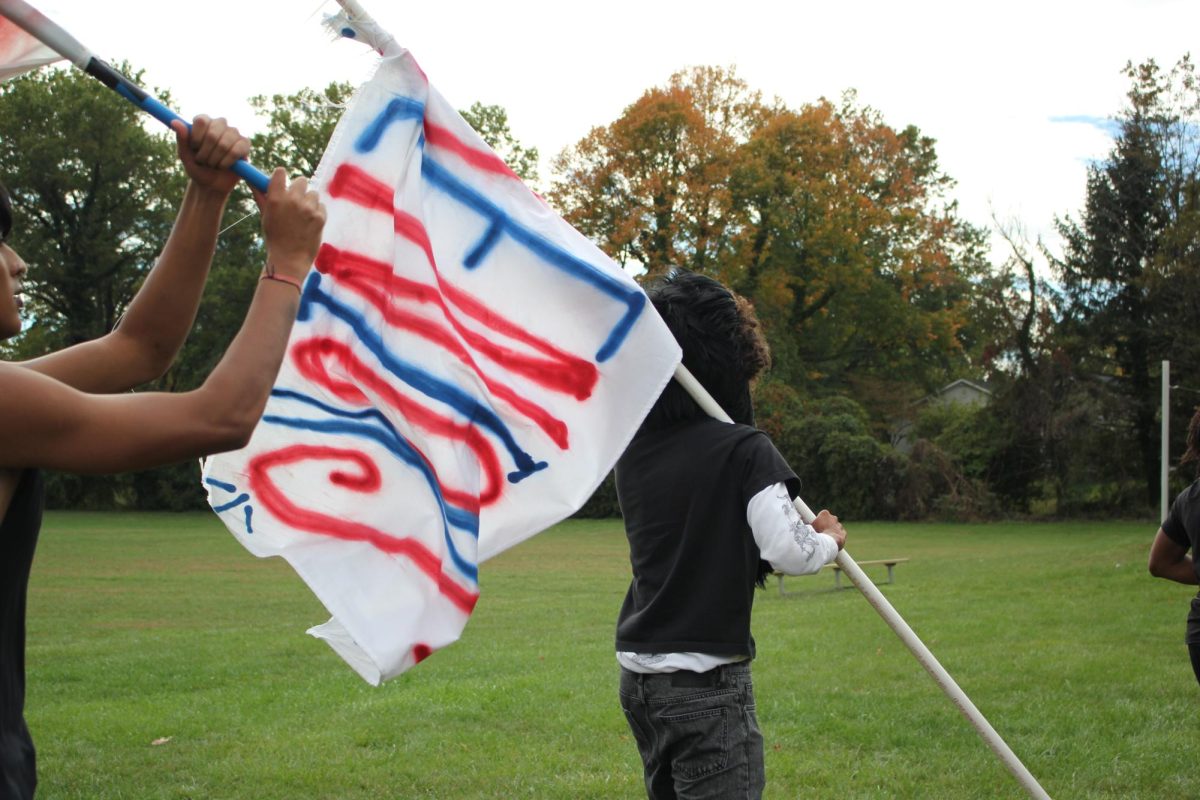Adding a new service experience to the Intensive Learning trips offered this year, the Dominican Republic (DR) trip advised by Head of School Julia de la Torre will take students on an immersive week of culture and volunteer work in local rural communities. The majority of the trip will be located in a town in the central mountain region of DR called Jarabacoa, a rural area.
Students will be engaged in service activities working alongside locals to assist communities in a wide range of ways through the company Education First (EF) Tours. EF Tours was the company used to help plan this past summer’s Global Leadership Summit trip, also led by de la Torre.
“[EF Tours] have a lot of partnerships with local non-profits and non-governmental organizations,” said de la Torre. “Their partnerships are chiefly around sustainability work, education, girls’ empowerment, [and similar] kinds of projects.”
Students are anticipated to complete fifteen hours of service on the trip; however, the specific service assignments and activities will be given to students upon their arrival, depending on the needs of the local community.
Service and culture are at the heart of the trip, and these themes drew students such as Parker Colestock ’25 to this IL experience.
“This [trip] being a service project definitely impacted my decision, and the focus of our service being on the environment especially persuaded me while I was making my decision,” said Colestock. “I am excited to do some hands-on work, both in the interest of service itself and in the interest of learning more about the culture and environment of the Dominican Republic.”
Similarly, student Anna Thompson ’25 was particularly interested in the international service aspect of the trip.
“[What] drew me more towards the trip [was] because we would get to do service; I do a lot of service with our school so this trip was perfect for me,” Thompson said. “I’m looking forward to the experience because I haven’t done much international traveling, so this will be a brand new experience for me.”
Although the trip is mainly composed of students who are a part of the Spanish department, the trip has been tailored for a range of fluency from no prior experience to advanced.
De la Torre noted, “[Students] are having Spanish language lessons in the morning so that [they] don’t have to have Spanish to go on this trip. If you are a Spanish speaker, you will get more advanced classes, and if you are a beginner, you will have beginner classes.” Unique from other Intensive Learning trips, these additional built in language classes allow for a more in-depth cultural immersion experience for all students regardless of previous knowledge of Spanish.
Students will take these classes in order to learn “more specific language and phrases so [they] can work with the local people around the worksite,” explained de la Torre.
Alongside service activities and group bonding, students experiencing the DR will be exploring the central questions of how our school and local community can strive to follow the Sustainable Development Goals of the United Nations before, during, and after the trip.
“We want to see an example of a country that is working to achieve some of the targets that the United Nations has sent out around eradicating poverty, around becoming a more sustainable nation,” said de la Torre. During trip introductory meetings, students have already discussed the UN Sustainable Development Goals to give context and meaning to the trip.
Furthermore, students will be exposed to a variety of different cultural aspects, whether it’s through food, language, environment, or everyday local life in the Dominican Republic. Contrasting many other IL trips, students will be staying in a mainly rural and developing region surrounded by locals.
“In traveling to a developing nation,” said Colestock, “I am interested to see the similarities and differences between the challenges the Dominican Republic is facing and the challenges the United States is facing. As an American who has never traveled abroad, I haven’t had the opportunity to see life in a country that lacks much of the infrastructure and resources that America has.”
As the students will be adapting to new conditions and communities in the Dominican Republic, the hope is for students to gain a new perspective on the world.
“I would love for the kids to come back with an awareness that most people don’t live like we do. We are going to be living among and with everyday people in the Dominican Republic; we aren’t going to a resort. I would love for kids just to connect with people on a human level and realize that there are a lot of similarities between us and people that they would not have met otherwise if they had not gone on the IL,” said de la Torre.


